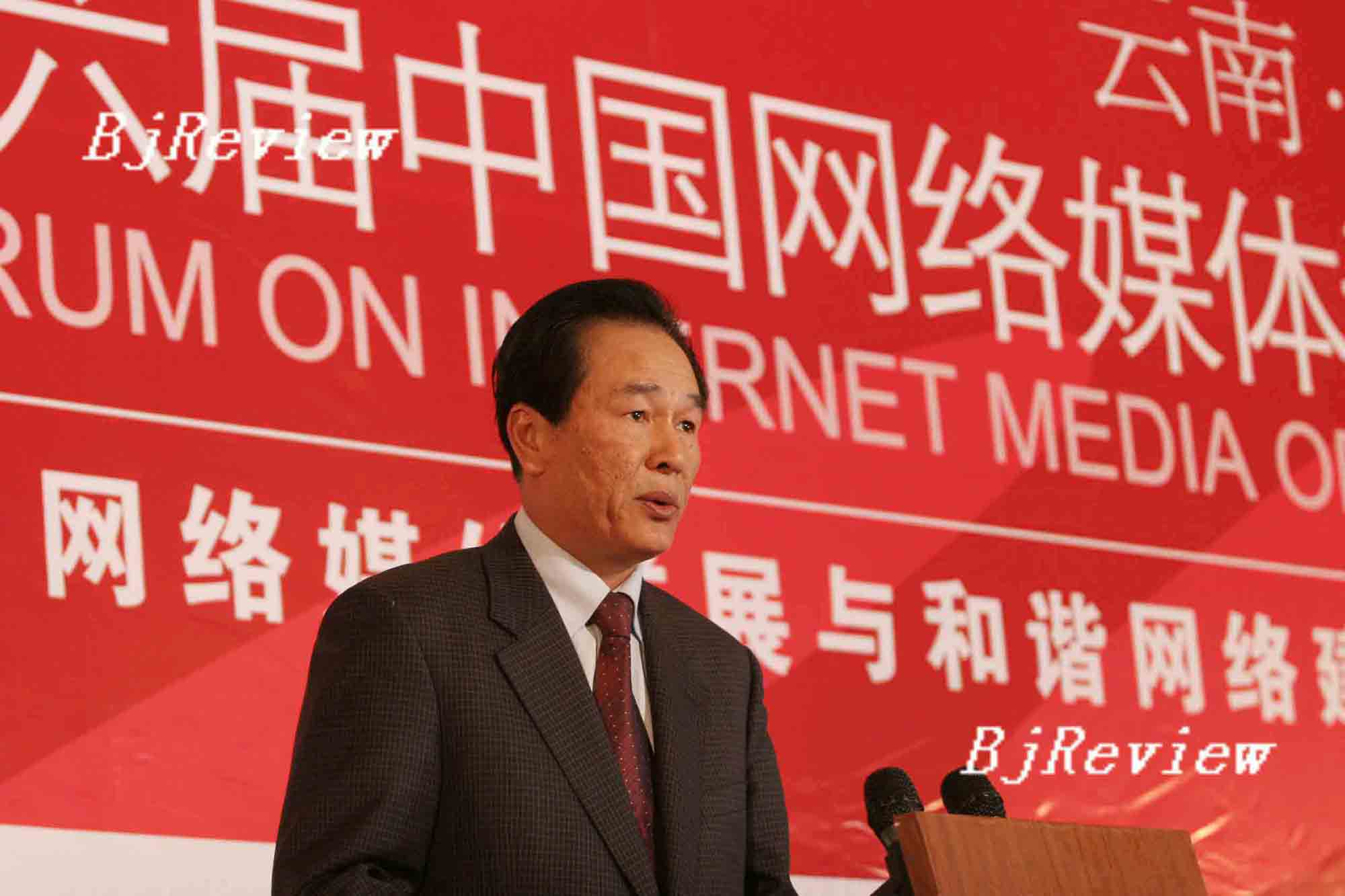
Computer giant Dell got into big trouble in China this year when a storm erupted on the Internet over the company's mislabeling of one of its laptop models.
The scandal was ignited by a post on a technology forum on June 23. The author of the posting complained that his newly purchased Dell laptop contained an Intel Core Duo processor T2300E rather than the labeled T2300. T2300E lacks the latter's support for Intel's virtualization technology.
Since this forum has been visited by thousands of Internet users every day, it serves as a platform for uniting consumers with similar experiences. After confirming the mislabeling of the processor on their own new purchases, they launched a nationwide online campaign to condemn Dell's action. Zhang Min, an engineer at a Shanghai-based IT company, is one of the consumers affected by the scandal. With the vocal support of other netizens, he sued Dell for commercial fraud in Shanghai in July, becoming the first Chinese consumer to take Dell to court in the scandal.
One outstanding feature of Internet development in China in 2006 is the increasing interaction among people in the online, or "virtual," community. "Chinese netizens have become particularly active. They always speak what's on their mind, which provides the conditions for the Internet's clout to increase," said Sam Flemming, founder and CEO of CIC Data, which specializes in monitoring, measuring and analyzing the traffic on the Chinese Web.
China's online community hosts tens of thousands of real-time forums, where some visitors make complaints about unsatisfactory after-sale services, misleading advertisements and inefficient safety standards every day. When these "residents of the virtual community" make a joint call, they become a force that no domestic or multinational company dares to ignore. Actually, quite a number of companies are trying to win positive comments from Web users.
Benefiting society
"The online forum has become a new medium for the public to express their views," Cai Mingzhao, Vice Minister of the Information Office of the State Council, told Beijing Review. He said public opinions online have already exerted a major impact on the government's decision-making and formulation of policies. He cited the drafting of the Law of Property as an example. The first draft of the law was publicized last July to solicit suggestions, and the law-which is in its seventh draft-is still under review by China's legislature. Cai said an important reason for the lengthy process is the "controversies" on the Internet.
He also said the first milestone event showing the clout of the Internet in China is an incident triggered by the brutal death of a university graduate at a repatriation center in Guangzhou in 2003.
Sun Zhigang, a 27-year-old graphic designer employed by a garment company in the southern city, was detained by local police and sent to a detention and repatriation center in March 2003 for not carrying a required temporary residence card and his ID card. He was found beaten to death a few days later. After a local newspaper reported the incident, the online community was overwhelmed by a wave of condemnation of the killing and requests for a thorough investigation of this incident.
An Internet user's article entitled "Who Is Playing Deaf and Dumb over Sun Zhigang's Death?" appeared in May on the website of People's Daily, the official newspaper of the Communist Party of China. An anonymous investigator of the Sun Zhigang incident said that while traditional media carried limited reporting on this incident, online comments of condemnation and protests put enormous pressure on the police investigators and raised intense questions about the validity of the detention and repatriation system.
| 